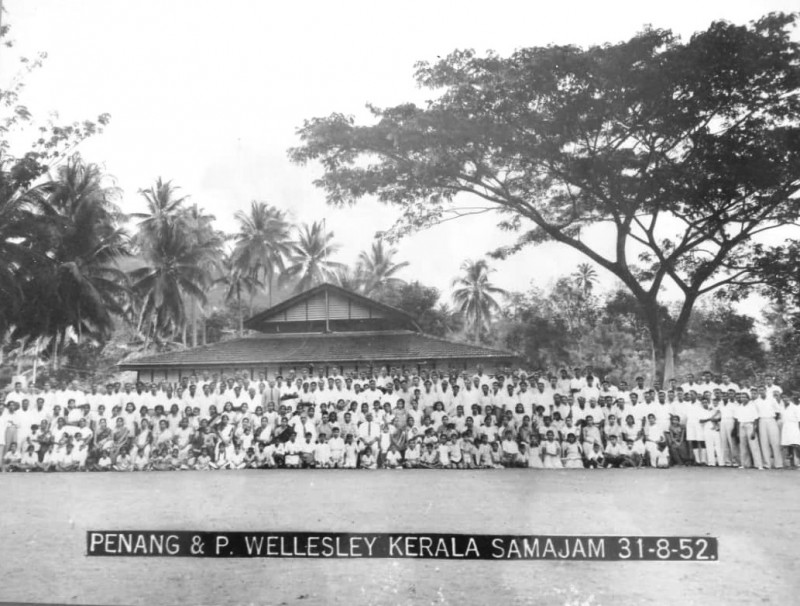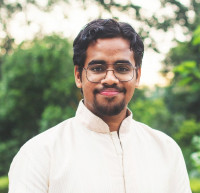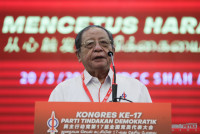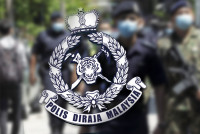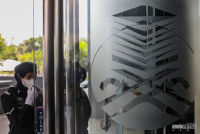FOR the Malayali (also spelt Malayalee) diaspora in Malaysia, ‘Merdeka’ day takes new meaning as the community ushers in the start of Onam, a momentous 10-day long harvest festival.
August is significant because it also marks the beginning of the Malayalam calendar. The Malayali community has a long and rich history in the Malay peninsula with historical evidence dating back to the 4th century when contact was made with South Indian traders.
Modern immigration, however, is speculated to be in the early 1800s during the British occupation – moving here primarily for employment in white-collar occupations.
The North Malaysia Malayali Samajam (NMMS) – the word Samaj or society implies an action of ‘samanam ejate’ or of moving together – was formed as a network to support members of the community as they made shores to this land.
My grandmother, Lakshmi Bai Menon, who immigrated to Malaya in 1959 would often recount the aid she received from the organisation when she first moved here living without family or relatives in this foreign and alien land.
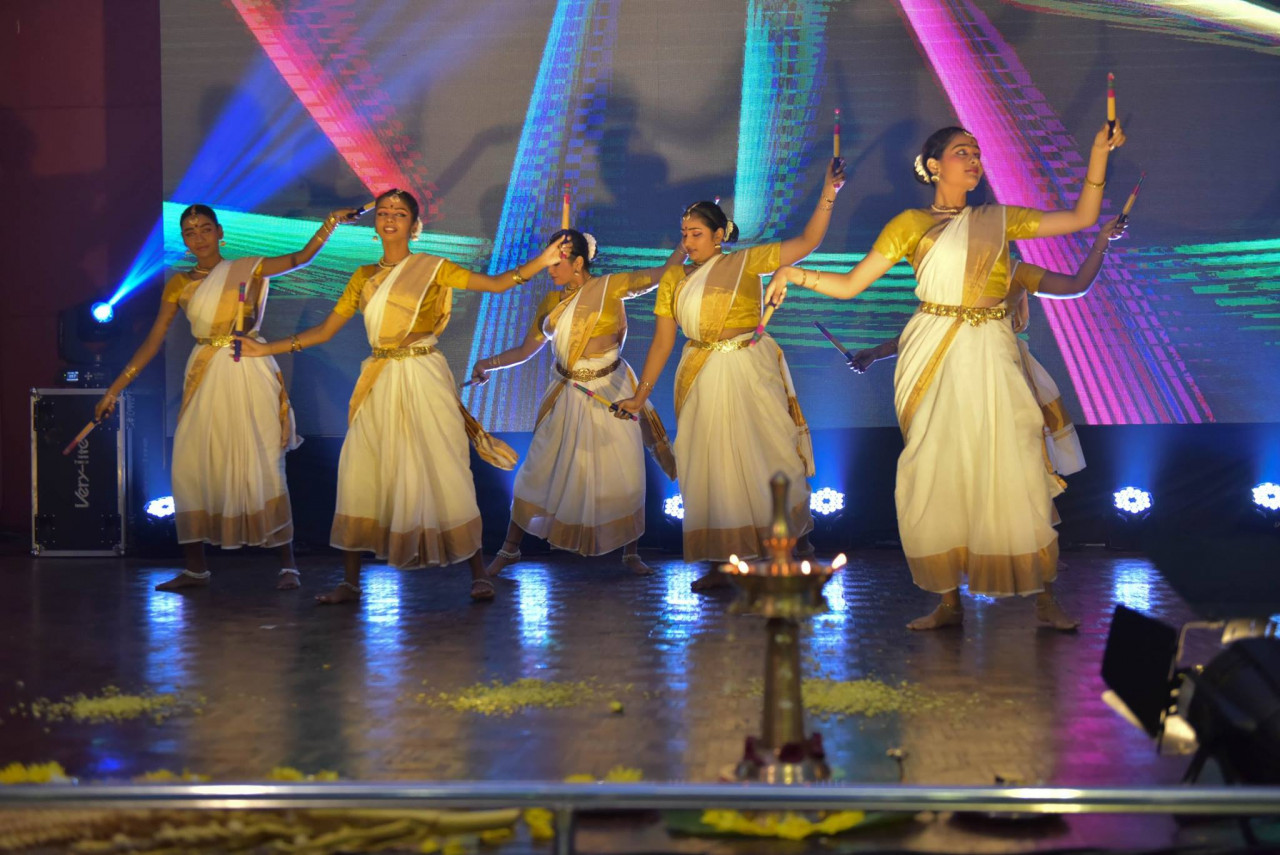
A lot has changed since then, and the organisation which has undergone several major transitions still aims to achieve the goals and ideals of the founders.
The Vibes Culture and Lifestyle interviewed the president of the NMMS, K. Gopalan V.P. Govinda Pathiyar, on the occasion of the organisation’s 70th anniversary, about its history, the challenges it faces, and whether ethnic interest groups are still relevant in the 21st century.
The Vibes (TV): Could you start by giving an introduction to the formation of NMMS and how it was formed?
K. Gopalan (KG): The roots of the North Malaysia Malayali Samajam were sown in 1951 when a group of about 300 Malayalis met at the Penang Indian Association on September 12, 1951, to celebrate Onam and Hari Raya Haji.
It was then resolved that an association be formed, and this led to the birth of the Penang and Province Wellesley Kerala Samajam. The Samajam was registered in April 1952 and its first AGM was held on August 31, 1952, at the Indian Association in Penang.
In February 1953 at its EGM, the Samajam changed its name to the North Malaya Kerala Samajam to reflect the growing membership from the other Northern states.
In 1990 the name was changed again to the North Malaysia Malayali Samajam to reflect its true representation.
The evolution of the Samajam began well before Malaya achieved its independence and even before Kerala was constituted as a State.
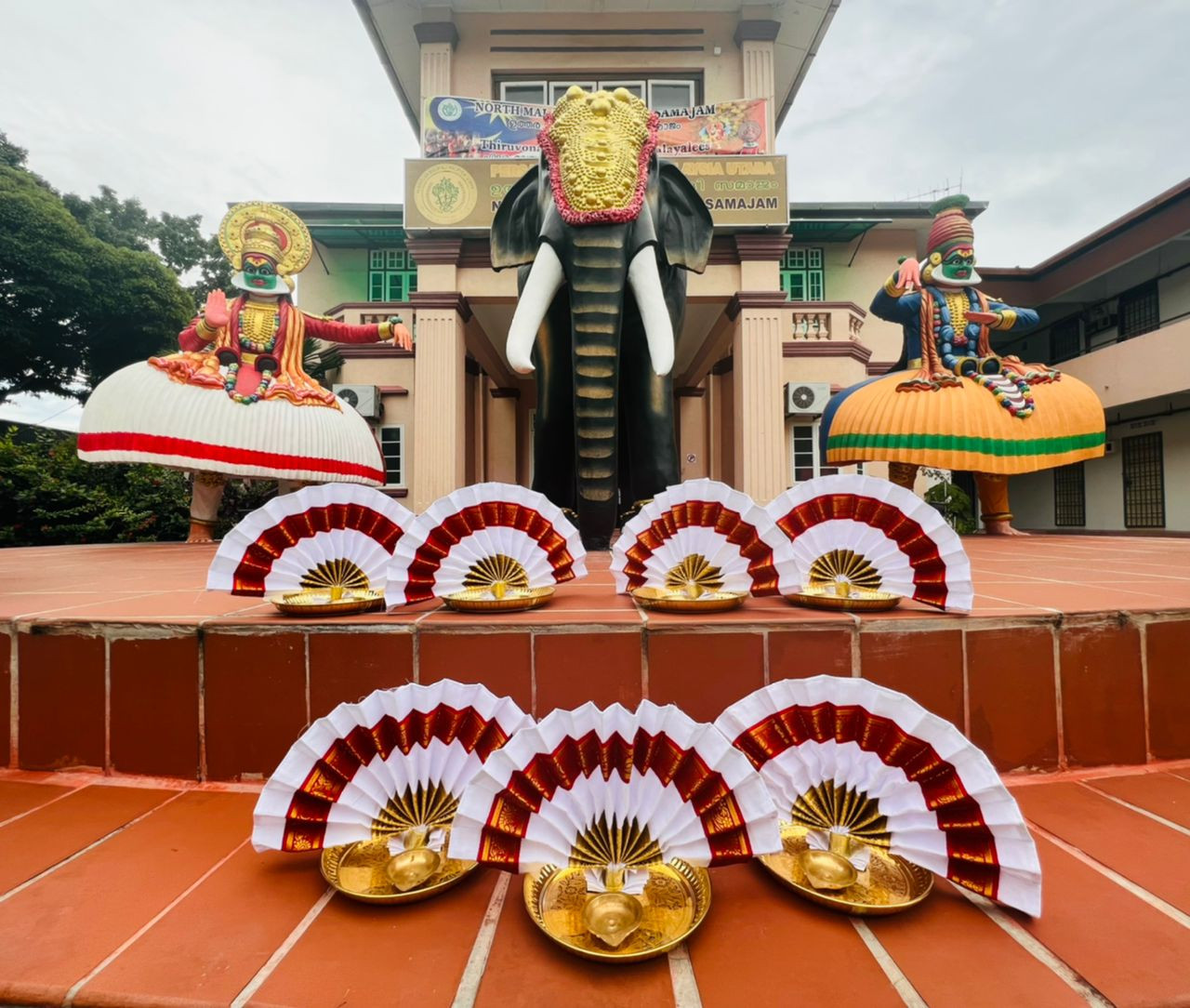
TV: What role did the organisation play when it was first formed?
KG: The Samajam is largely a social and cultural organisation, which focused on fellowship within the Malayali community through activities, which ranged from the traditional Vishu, Onam and Christmas celebrations to the more recent Parents Day, Valentine’s Day, and related activities.
The Samajam also conducts free Malayalam classes to teach the mother language in both its written and oral forms.
The Samajam is the representative body for the community in its dealings with other communities. In this respect, it has been a founding member of the Penang State Muhibbah Committee, which brings together all community organisations within Penang to promote national unity and harmony.
It is also involved in welfare activities that generally reach out to the underserved sections of the Malaysian population, primarily in the Northern region. It was involved in a whole range of related activities in supporting medical personnel, families in the B40 category as well as welfare homes, during the recent pandemic.
In essence, the activities of the Samajam are aimed at bringing together the Malayali community to promote its culture and traditions on the one hand and to collectively act as a responsible partner in the building of a Malaysian society.
TV: How has the organisation evolved since?
KG: Throughout its 70-year history, the Samajam has held steadfastly to its objectives of being the representative body for the Malayali community in the region. It has also continued to promote, nurture, and progressively assist in the development of the community in the fields of education, and social development as well as in the promotion of the arts and culture of the community.
We have always remained above the political, religious, and sometimes cultural differences within the community and with other communities. These remain the non-negotiable bedrock of our beliefs and values. The family structure continues to be the basis of our operations.
The approach towards meeting these objectives has, however, had to adjust through the years with societal and generational changes.
The demands of the younger generations, the modes of communication using social media as well as promotion of the Malayalam language have all resulted in new approaches which blend with the times.
This evolution is almost natural as it continues to bring in the younger generation, young families, and new challenges. The Samajam will continue to evolve as part and parcel of this process.
TV: What have been the major challenges or hurdles the organisation has faced?
KG: The major problem faced by the organisation is the geographical area that the Samajam covers. The convergence of the community for events has to take into consideration travel time, conveniences of accommodation as well as other amenities.
While the Samajam headquarters in Jalan Masjid Negeri (Penang) has been the main convergence point, this factor has resulted in lower attendance for activities. This is not helped by the “different weekends” amongst the States.
It is for this reason that the Merdeka/ Onam Celebrations on August 31 each year at a different venue continued to draw a large membership attendance.
The continued involvement and interest of the youths in Samajam activities need to be re-energised. The current approach is to empower the youths to be directly involved in organising events and this has drawn good dividends.
It also allows the older generation to understand the new approaches, use of social media and modern technologies to generate interest and activity of creating interest. This needs to pick up momentum so that a wider range of activities and youth would come forward to participate.
The fact that organisations such as Samajams rely heavily on the spirit of volunteerism sometimes limits the extent of their activities. While volunteerism is the core axiom of the organisations, the execution of plans requires time, expertise, effort, and the coordination of all these factors.
To rely completely on volunteers for this purpose puts pressure on the deliverables and the efficiency of projects and programmes. All the same, the Samajam is blessed to have a team of truly selfless individuals who work hard for the good of the organisation.
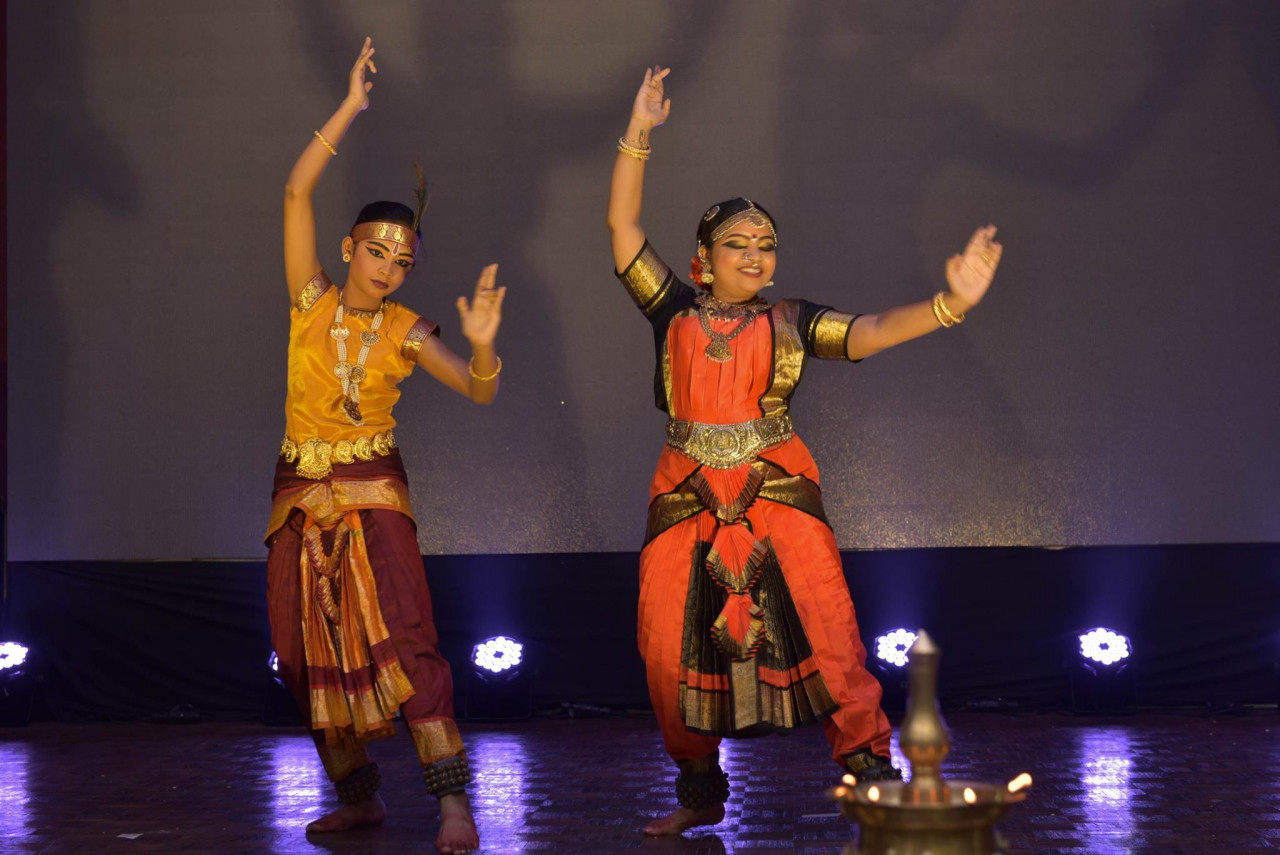
TV: Do you think organisations such as this are still relevant? If so, why?
KG: I definitely think so. While we all embrace globalisation, multi-culturalism and value-based systems, ethnic-based identity remains important. Harmony, in my opinion, is not all-embracing but accepting each other for who we are.
Language evolves, but being able to speak, read and write in one’s own mother tongue is above all, a bond which links family and eventually, the community.
In the words of Nelson Mandela: “If you speak to a man in a language he understands, you speak to his head, if you speak to him in his language, you speak to his heart".
The community owes it to itself to own and promote its language and then to use it to communicate with the world. In this context, identity is important and organisations like NMMS have this role to play, both directly and subtly.
Similarly, while we understand culture as a way of life and that it is constantly evolving, it is equally important to understand the basis of our own cultures, be it in the food we eat, the clothes we wear, the language we speak and the common habits we have. These form the cultural identity which we need to preserve and which we should allow to evolve over the years. – The Vibes, August 31, 2022



